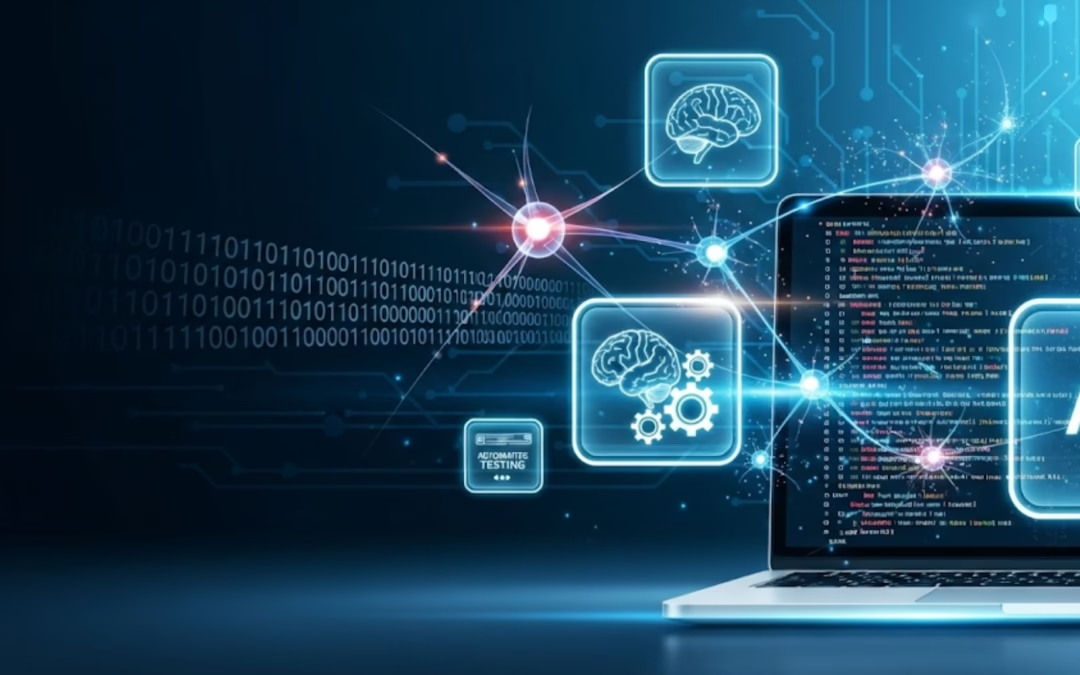AI is everywhere these days, and it’s changing how we do everything. But with all this cool tech comes a big question: how do we keep our data safe?
Enter Privacy Impact Assessments, or PIAs for short. Think of them as a digital checkup for your AI projects. They help you figure out where your data might be at risk and what you can do to protect it.
Why are PIAs so important for AI?
- Data is everywhere: AI models like GPT-4 are trained on tons of data, and sometimes that data might be personal or sensitive. We don’t want that information falling into the wrong hands!
- Rules and regulations: There are laws and rules about how we handle data. PIAs help us make sure we’re following the rules and keeping our customers happy.
- Building trust: People want to know their data is safe. By doing a PIA, we show our customers that we care about their privacy.
- Avoiding trouble: Mistakes can happen. PIAs help us spot potential problems before they become big issues.
But PIAs aren’t always easy.
- Data is messy: AI models often work with a lot of unstructured data, which can be tough to keep track of.
- Balancing act: We want to use data to make AI smarter, but we also need to protect it. It’s like walking a tightrope!
- AI is always changing: AI models are constantly being updated. That means we need to keep checking for new privacy risks.
That’s where PiiVacy comes in.
PiiVacy is a tool that helps businesses do PIAs for AI projects. It’s like having a personal data detective. PiiVacy can:
- Find sensitive data: It can scan your data and find any personal or sensitive information.
- Assess the risks: PiiVacy helps you understand the risks to your data and how to protect it.
- Keep things safe: It offers tools to protect your data, like encryption and access controls.
So, if you’re using AI and want to keep your customers’ data safe, a PIA is a must. And PiiVacy can make it a whole lot easier.









